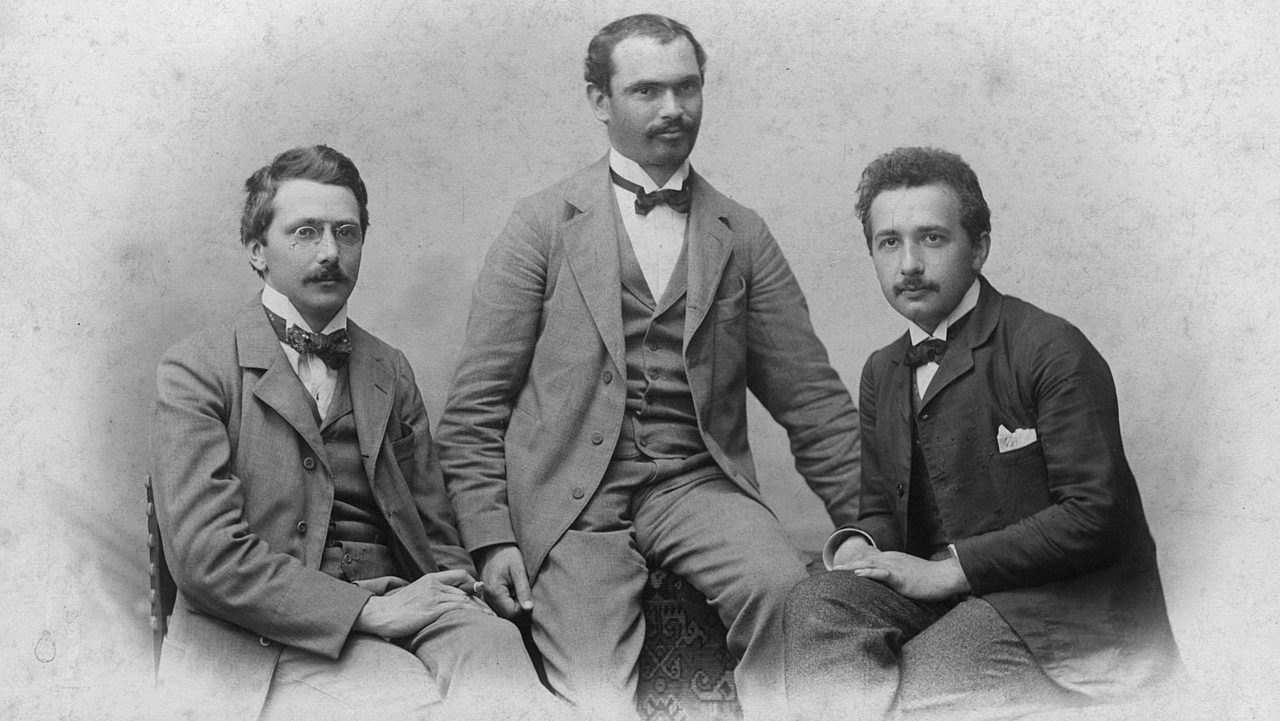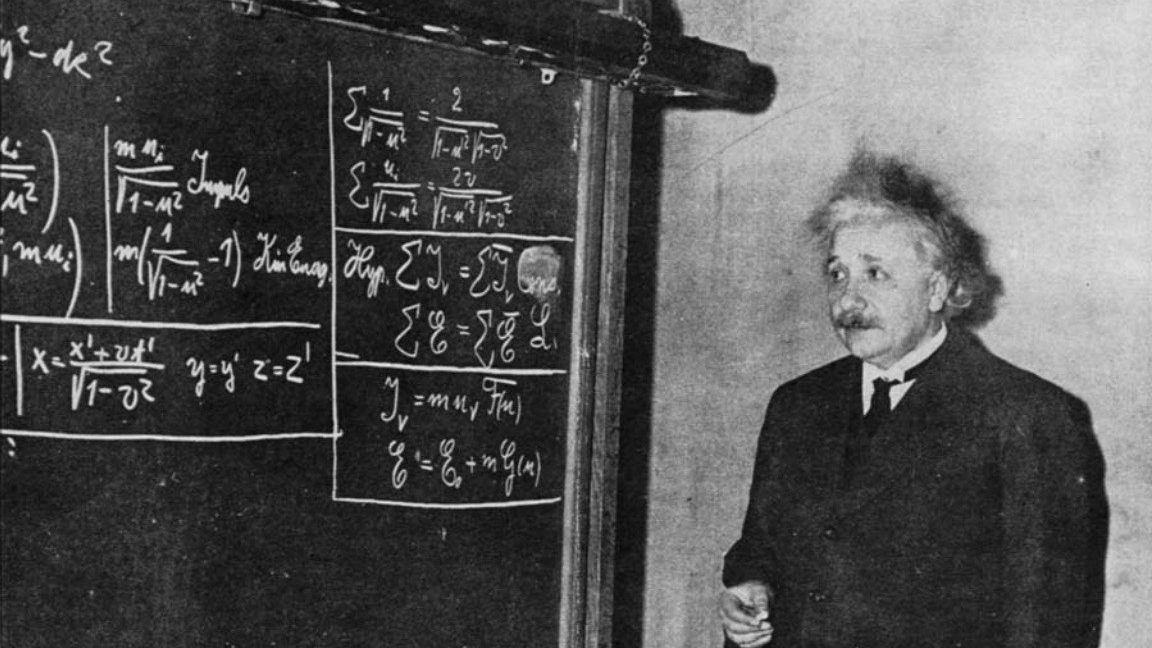There’s a reason Harvard lecturer Tim McCarthy uses hip hop to teach students about the evolution and devolution of urban youth protest.
Topic: Hip hop in the classroom
Tim McCarthy: Hip hip’s huge. It’s very important. It’s important as a kind of youth expression, principally or originally within the African-American community, urban communities in New York and LA and others. But this is a cultural form, right, a type of music but also a type of protest and mode of protest that has been very important to the shaping of the current generation of young activist, particularly within the African-American community. But then much more broadly within other communities of color and white communities and certainly there’s a huge audience for hip hop among white folks. I happen to be one of those people. I grew up on it and was shaped by it. I think it’s important to study. It’s important to study anything that has any major cultural influence. It would be like, you know, not studying the bible or not studying. Not to equate hip hop with the bible but in terms of the sort of major influence that these things have it will be like not studying television or rock and roll. We study televisions and rock and roll because they shape the cultures in which they emerge and hip hop is no different than that.
Hip hop also offers us an interesting lens to understand the evolution or devolution some might argue of politics and protests among urban youth and among and within the black community. Obviously hip hop has created enormous political tensions in our broad culture in terms of trying to police lyrics and censor certain kinds of music and certain kinds of artist, the things that are advocated as part of protest: shooting police or rising up against the man or whatever happens to be within hip hop. There is all sorts of sort of articulations of protest that have really riled folks over the years but it also has created I think a way for us to understand the tensions within generations in the black community. You know, the use of the N word. And we have a corollary you know tension within the gay community over the word queer. It’s not the same thing but I think there it provides a point of comparison which is instructive and important. But older generations of black community doesn’t want to listen to the N word and certainly doesn’t want it’s children and grandchildren using a word that was used to describe them as a way to mark them as different and therefore subject to discrimination and exclusion and segregation. The same thing can be said of the word queer. Older LGBT folks, you know, who are from the Stonewall generation who understand that struggle and what that word meant to them are very concerned about the use of that word among young people and among people my age even in the younger generations of the LGBT community. And so I think, you know, we’re far afield from your original question about hip hop.
But I think anytime you have a kind of form of cultural expression particularly a form of cultural expression that emanates from youth, that emanates from the bottom, that emanates from the margin. It’s important for us to understand its dimensions and also to understand its influence. Right now one could never argue that in 2009 hip hop is a marginal art form. We can debate all along whether or not hip hop died with Tupac or what have you. I joke with my students that they take my course because it’s American Protest Literature from Tom Paine to Tupac and we look at all sorts of protest from the founding fathers all the way to now and I always joke when I start my Tupac lecture. I say, “You know, you all are taking this course because you think that hip hop started with Tupac. I’m teaching this course because I think hip hop died with Tupac.” And they all groan and they’re very angry and I often wear a Yankees jerseys or Yankees hats because I’m from the East Coast. I create this sort of tension in the room which is sort of a fake tension like they understand that I’m joking. But I do think that they’re hungry for it. They are hungry to understand how this form that shaped the way that they understand the world and the kind of music they listen to and the ways that they protest or seek to protest. They are interested in knowing how it fits in to this longer tradition and so I like it.
Recorded on: July 1, 2009





